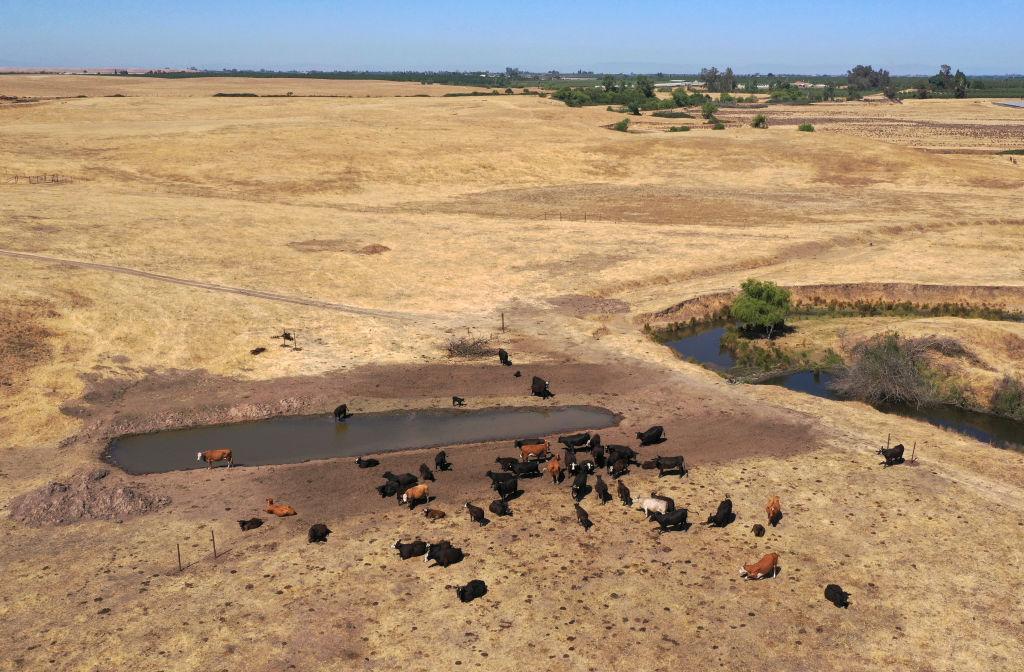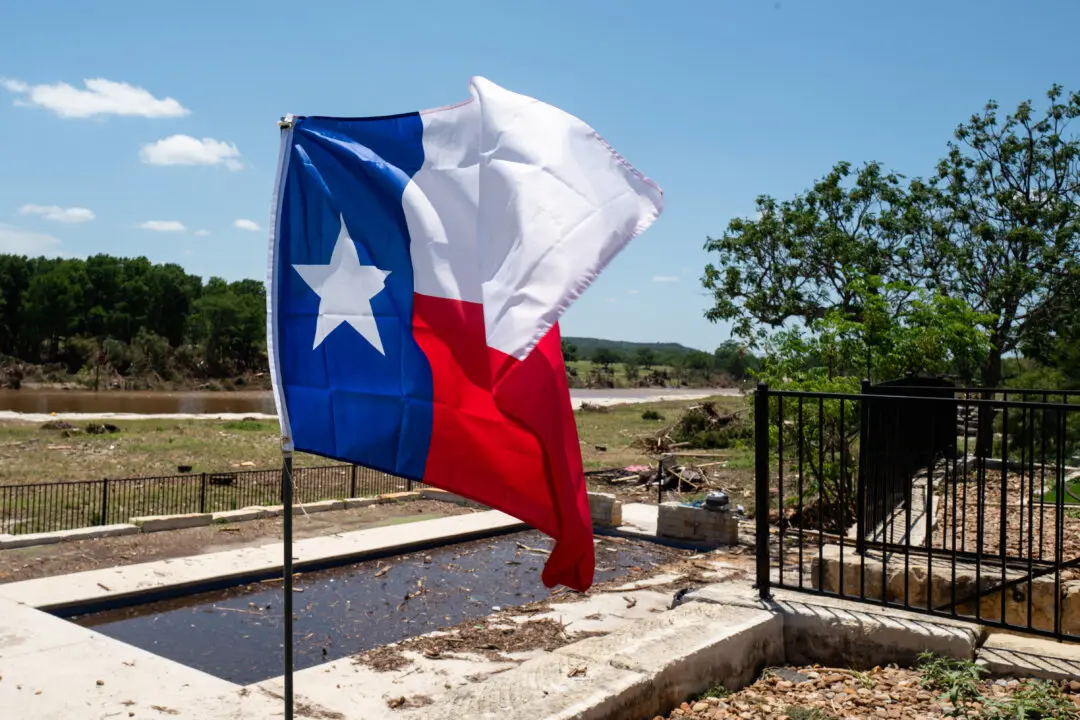A former Trump Environmental Protection Agency (EPA) official and Senate Republicans have criticized a ruling by U.S. District Court Judge Rosemary Márquez for the District of Arizona, who remanded and vacated the Trump administration’s 2020 Navigable Waters Protection Rule (NWPR) last month.
The NWPR had replaced the Obama administration’s 2015 Clean Water Rule for interpreting the “waters of the United States” (WOTUS) under the 1972 Clean Water Act.





